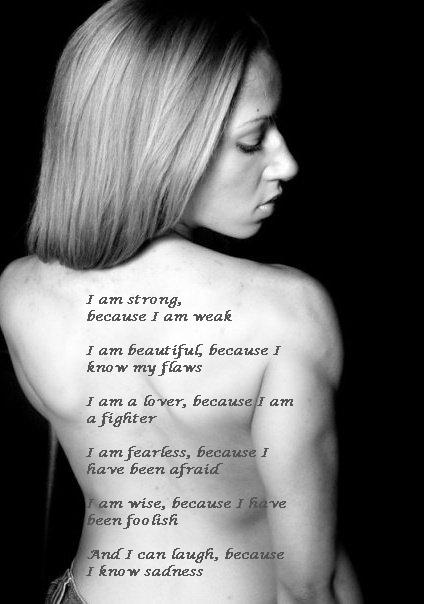Good habits are hard to keep and bad habits are hard to break! They say it takes about 6 weeks to make and keep a good habit, but why does it feel like it only takes about 3 days to break it and lose it? The good ole gallon jug of water. Sometimes colored (makes for interesting conversation), sometimes with lemons floating in it, but always by your side like a loyal puppy when you are into fitness. Why is water so important? Is it a myth? What does it really do? I have found (especially with the over 40 generation) if you're not use to drinking lots of water it can seem like a nuisance. You may wonder why would I carry around water, so I have to pee more? Sounds like a pain in the butt. Seems easier to just drink when you're thirsty.
But the benefits far outweigh the inconvenience. Some people love fresh cold water. They find it refreshing and its not a project at all to get it down. For me it always has been work. Diet Pepsi I can drink all day long but water I have to remind myself to stay on top of. When I make it HABIT it was done easily but when I fall out of forcing myself my water consumption quickly dwindles and I can see and feel the difference. As I'm back to making it a habit, I'm cheating a little with some flavored water right now, but I say whatever you have to do to get it down drink it! Here is a little info sheet I always add into my new clients packets on the importance of water and how much. It could use some updating even, but for the purpose of instilling YOU HAVE TO DRINK WATER especially when trying to lose fat, for now it'll do the trick.
Water
Why Is IT SO Important?
Water is the single most important nutrient that our body needs to run at its optimal level. Our body's content consists of mostly water. Water is so important for many reasons. It is responsible for millions of internal chemical reactions and bodily functions. Did you know that human beings could live around 5 weeks without protein, carbohydrates, and fats, but only 5 days without water (in a moderate climate)? Water also aids in cleansing our body of toxins and pollutants, it fights against fatigue, helps lubricate joints, and not to mention it's great for our skin. One of the things we take most for granted, water plays a very important role in permanent weight loss. It aids in suppressing the appetite naturally and in metabolizing stored fat.
Studies show that a decrease in water intake may cause fat deposits to increase, while an increase in water can actually reduce the fat deposits in the body. The kidneys do not function properly without enough water and when this occurs, some of their function is passed on to the liver. The liver works to metabolize stored fat into usable energy for the body, so if the liver has to help the kidneys, it cannot function effectively and consequently metabolizes less fat. Thus, fat remains stored in the body and weight loss will stop. People who are prone to water retention often think that reducing their water intake will help to remedy this problem. Actually, the opposite occurs. The body perceives a lack of water as a threat to its survival so it attempts to hold on to every drop. Water is then stored in spaces outside the body's cells, causing swollen feet, hands, and legs. The best way to overcome excess water retention is to give the body what it needs - plenty of water.
**It is especially important to drink water before, during, and after exercise. If our bodies are not fully hydrated we may experience fatigue, headaches, and muscle cramps. Because we can lose up to 2 quarts of water per hour during exercise, it is vital to continually replenish our bodies with water.
How Much Water is Enough?
First start by not thinking of water as something you drink only when you’re thirsty, think of it as something your body needs 24 –7! Your main beverage should be water, bring a water bottle with you everywhere. It is recommended we get at least 64 ounces a day (8 glasses) but if you drink more that’s excellent! An easy rule of thumb is to divide your weight in half to determine how many ounces of water you need to drink daily. Caffeine works as a diuretic, so for every beverage with caffeine you consume you must drink an extra glass of water. DRINK UP!!
Subscribe to:
Post Comments (Atom)


No comments:
Post a Comment